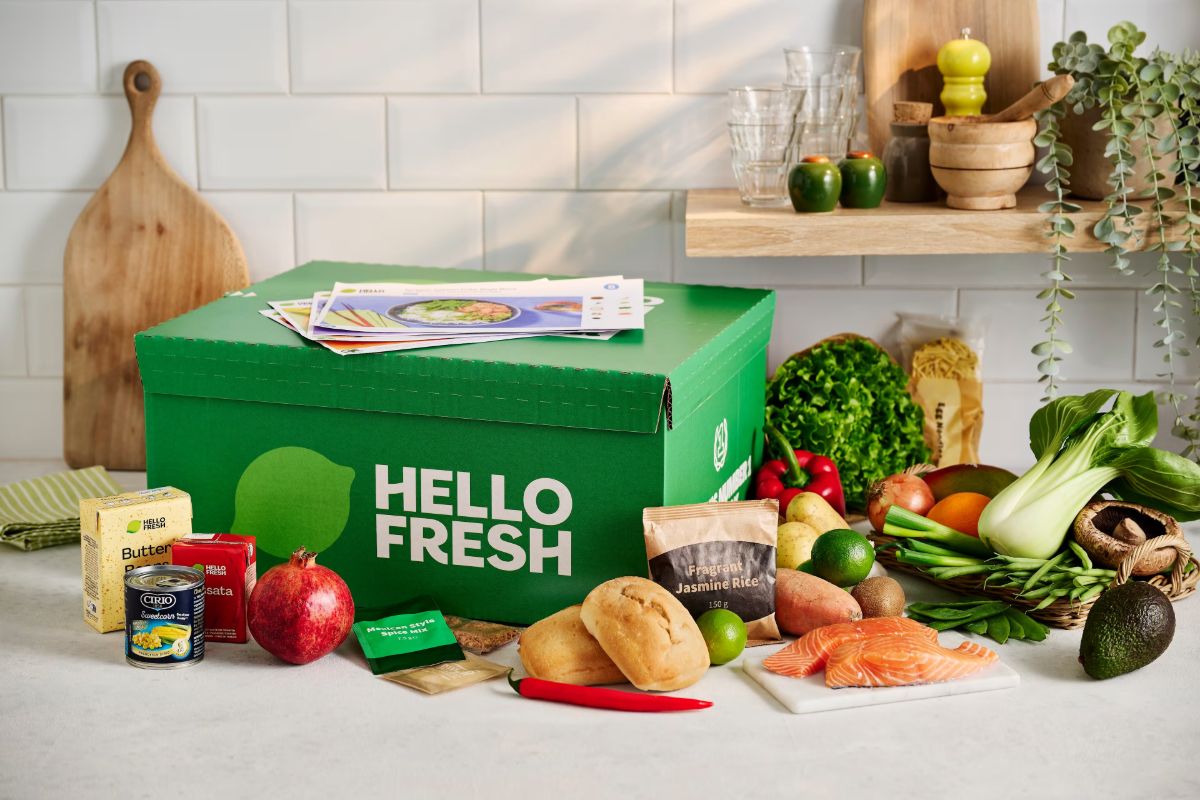We live in the age of personalisation when it comes to retail marketing – but how do you make that happen? Gillian Hughes, VP Corporate Sales, Veoo explains
A recent statistic from analyst firm, Gartner, revealed that in 2016, 89% of marketers expect to compete primarily on the basis of the customer experience their brand, product and service delivers to the client or the consumer. I’m not surprised by this statistic, given that a truly personalised user experience can make a customer feel highly valued.
If organisations use consumer data intelligently, they can ensure that the information they share is always relevant to the recipient and as a result, build a relationship with that customer based on trust, loyalty, and above all, offering products or services that they know the customer will respond well to. On the other hand, if personalisation is executed poorly, it can clearly have the opposite effect.
There has been a lot in the news recently about the privacy of personal data, and quite rightly, as it is a very sensitive issue. Users of mobile devices, apps, games and services in particular need to know and trust that their data isn’t going to be misused and that they won’t end up receiving a barrage of spam after signing up to a loyalty scheme for example.
That said, users shouldn’t necessarily view the collection of data as negative because there are many upsides, such as better and more personalised marketing with more relevant offers. However, in order to build trust, companies must be totally transparent about how they are going to use personal data and should only request such information if there is a legitimate reason, such as improving a service or providing customers with more relevant or personalised communications.
Gone are the days of blasting out uniform advertising to consumers; today’s mobile users want personalised marketing and companies need to respect this by building relationships with their customers before requesting such data. Being a household name alone doesn’t afford brands that level of trust and they should work first on safe levels of engagement by asking for innocuous details, such as name and email address, before asking for more personal data.
Poor personalisation means that customers become inundated with offers that are completely irrelevant, leaving them irritated, frustrated and in some cases, disenchanted with the brand. Imagine a person making a purchase from the computer of a friend or family member. Odds are the owner of the computer will have very different requirements and interests to the person who made the purchase, yet following that one transaction, they will be flooded with targeted advertising that was never meant for them.
A consumer could also be pestered with offers that, while relevant, might be undesirable. For example, they might have made a one-off purchase that is related to their age, sex or weight. This doesn’t mean that they are interested in every product that claims to be the next miracle cure for wrinkles, and making this assumption could then actually foster a negative relationship if the consumer associates the product with their own insecurities and begins to see the brand as an unhelpful reminder of a weight problem or the fact that they are growing older. In the same way, offers could also be made to a customer that were once relevant, but are now out of date.
So what can brands do in order to deliver positive personalisation? Considering the following tactics might be a good place to start:
- Concentrate on analysing recent purchases made by a customer, rather than examining data that could be well out of date. Does a customer who once bought dog food still buy it today? If not, do they really want offers on the latest chew toys or could these just serve as a painful reminder of a lost family pet?
- Look at how often a customer purchases a certain type of product. Do they regularly buy aftershave but once bought perfume? This could have been a present for somebody else and it’s therefore unlikely that the customer will want to hear about offers on other products that they don’t plan to buy regularly.
- Think about the advantages that mobile can provide. According to JiWire’s Mobile Audience Insights Report, more than 50% of respondents indicated that they wanted location-specific advertising or coupons. By using intelligent analysis, brands can target and connect with those who would be interested in their offerings and are in close proximity to one of their stores via mobile vouchers.
- Sending mobile vouchers via SMS is also a great way for companies to reach out to their customers with personalised content but doesn’t require them to commit to downloading a full mobile app or signing up to a loyalty scheme.
- At Veoo, our Mobile Wallet solution harnesses Apple Wallet and Android Pay app functionality, facilitating mobile offers, loyalty coupons and cards and branded content. At the same time, it leverages the native communication functionality within Apple Wallet and Android Pay, enabling marketers and brands to engage with real-time notifications and drive foot traffic and facilitate easy redemption of loyalty.
Clearly, it is essential to use customer data in an intelligent way to create a positive user experience, and it is no longer enough to leave advertising and marketing to chance. Personalisation not only makes customers feel valued and helps to build trust, but is also a powerful tool for engaging directly and regularly with customers in order to obtain a level of constant feedback that can refine and improve the techniques behind positive personalisation. Using mobile vouchers, for example, can completely change the way you engage with your customers by enabling you to build that trust and always deliver timely and relevant offers.








